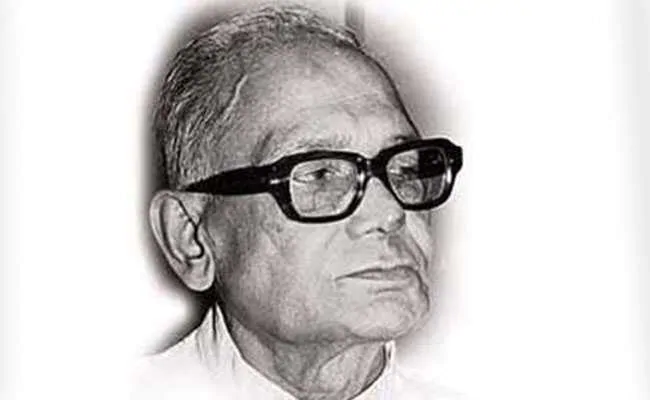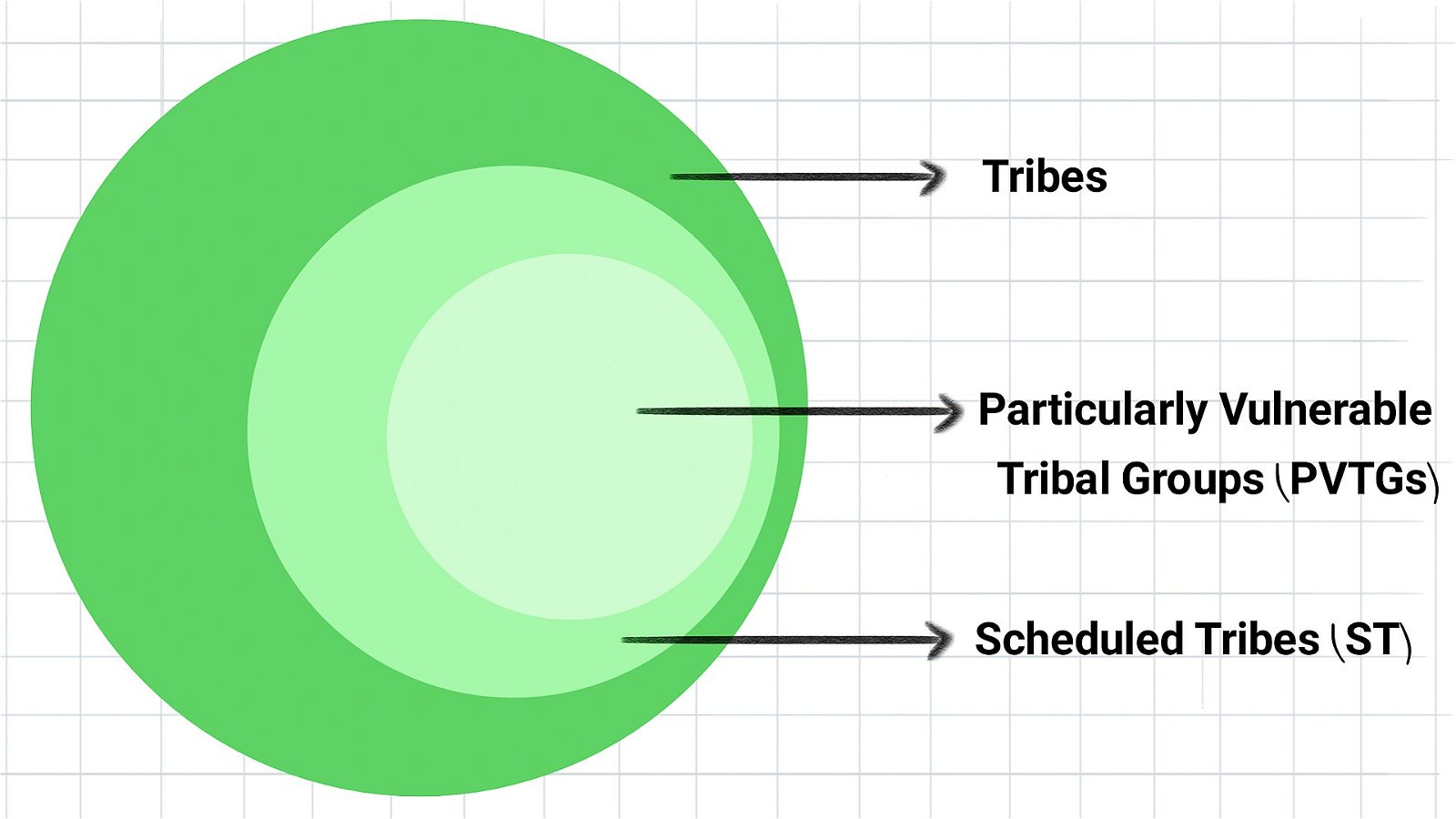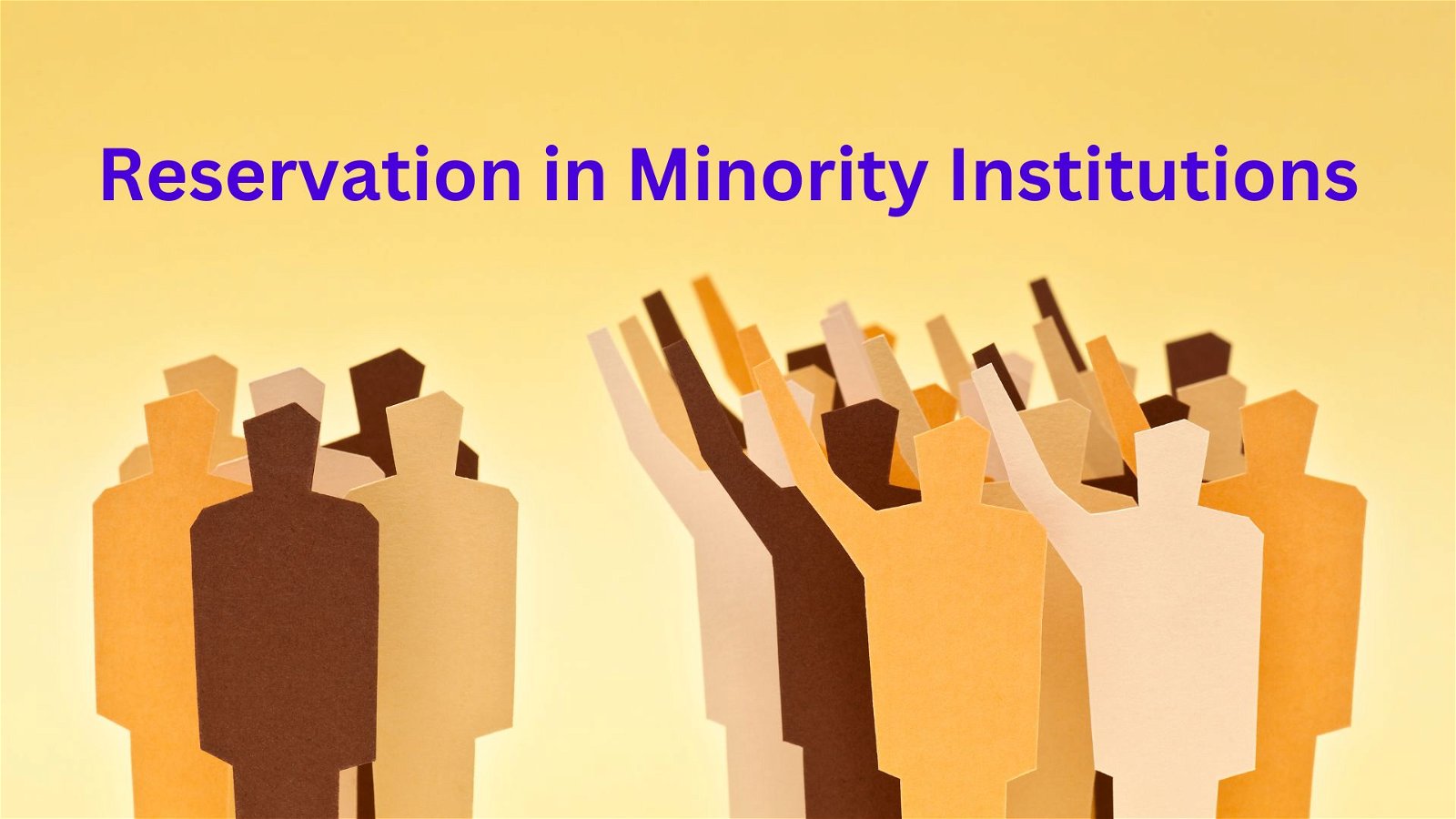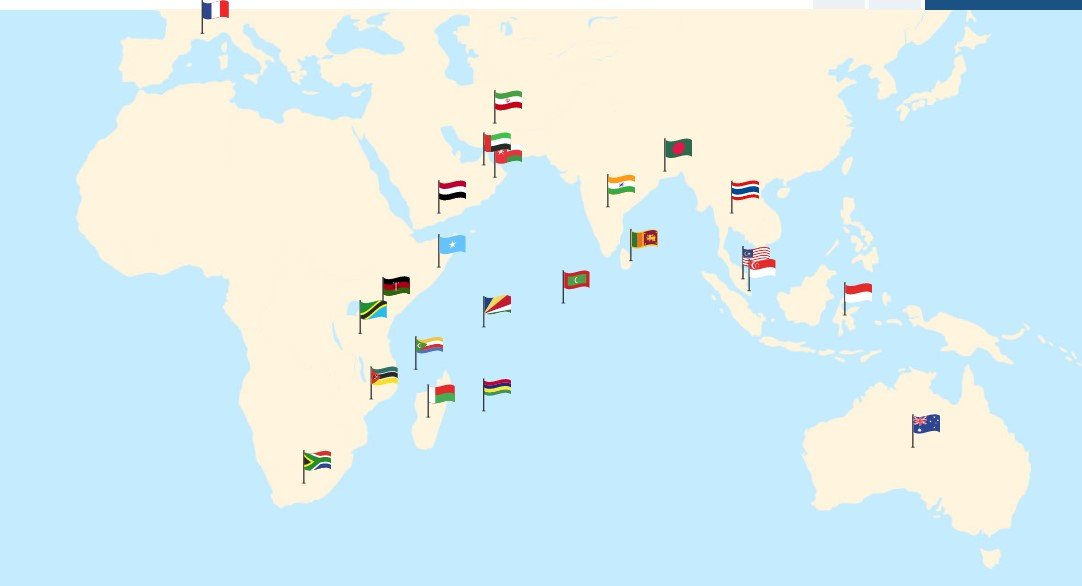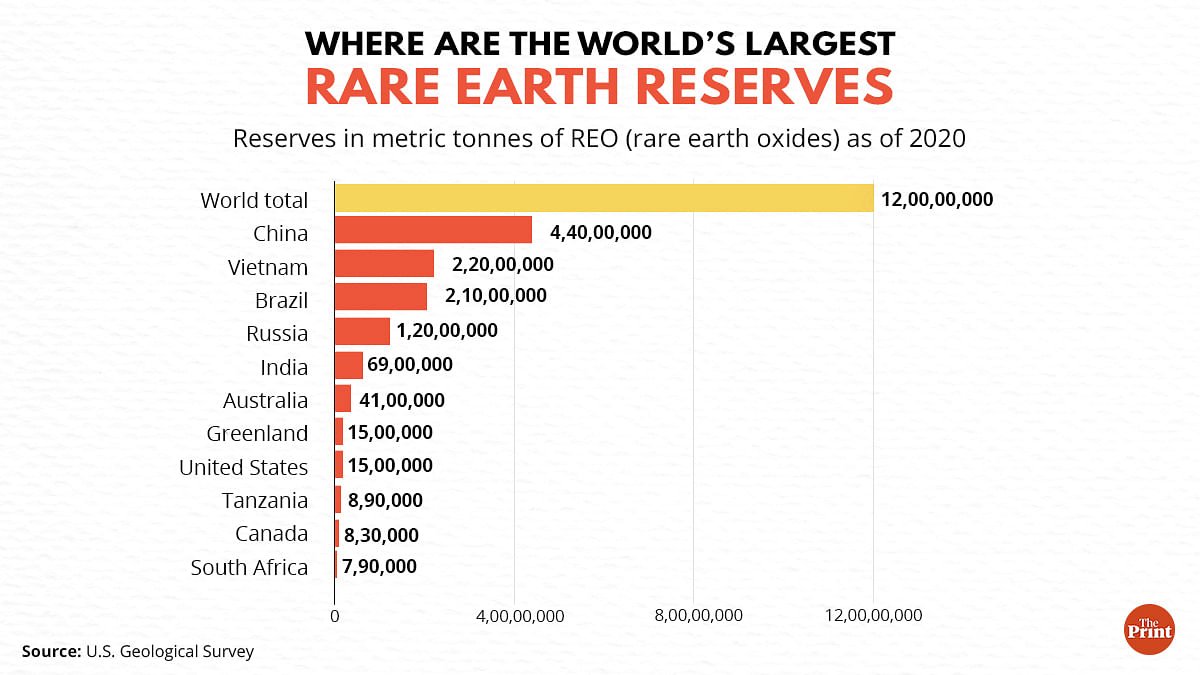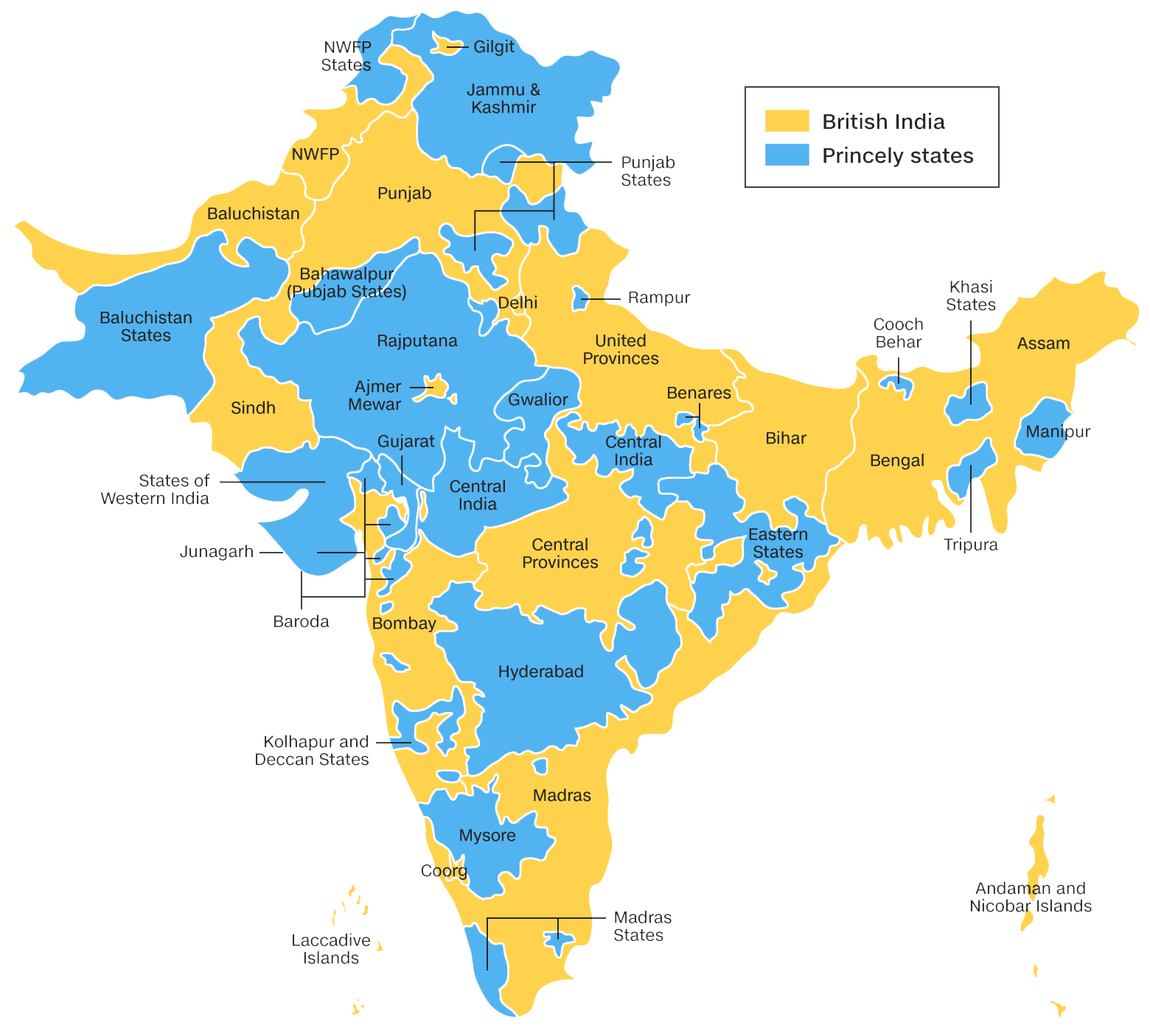
Mahatma Gandhi’s Opposition to the Separate Electorate for Dalits and Jewish State in Palestine
Subscribe to Never Miss an Important Update! Assured Discounts on New Products!
Must Join PMF IAS Telegram Channel & PMF IAS History Telegram Channel
Mahatma Gandhi
- Mohandas Karamchand Gandhi was born on October 2, 1869, in Porbandar (Gujarat).
- On 30 January 1948, Gandhiji was assassinated by Nathuram Godse. Martyrs’ Day (Shaheed Diwas or Sarvodaya Day) is observed on January 30 nationwide.
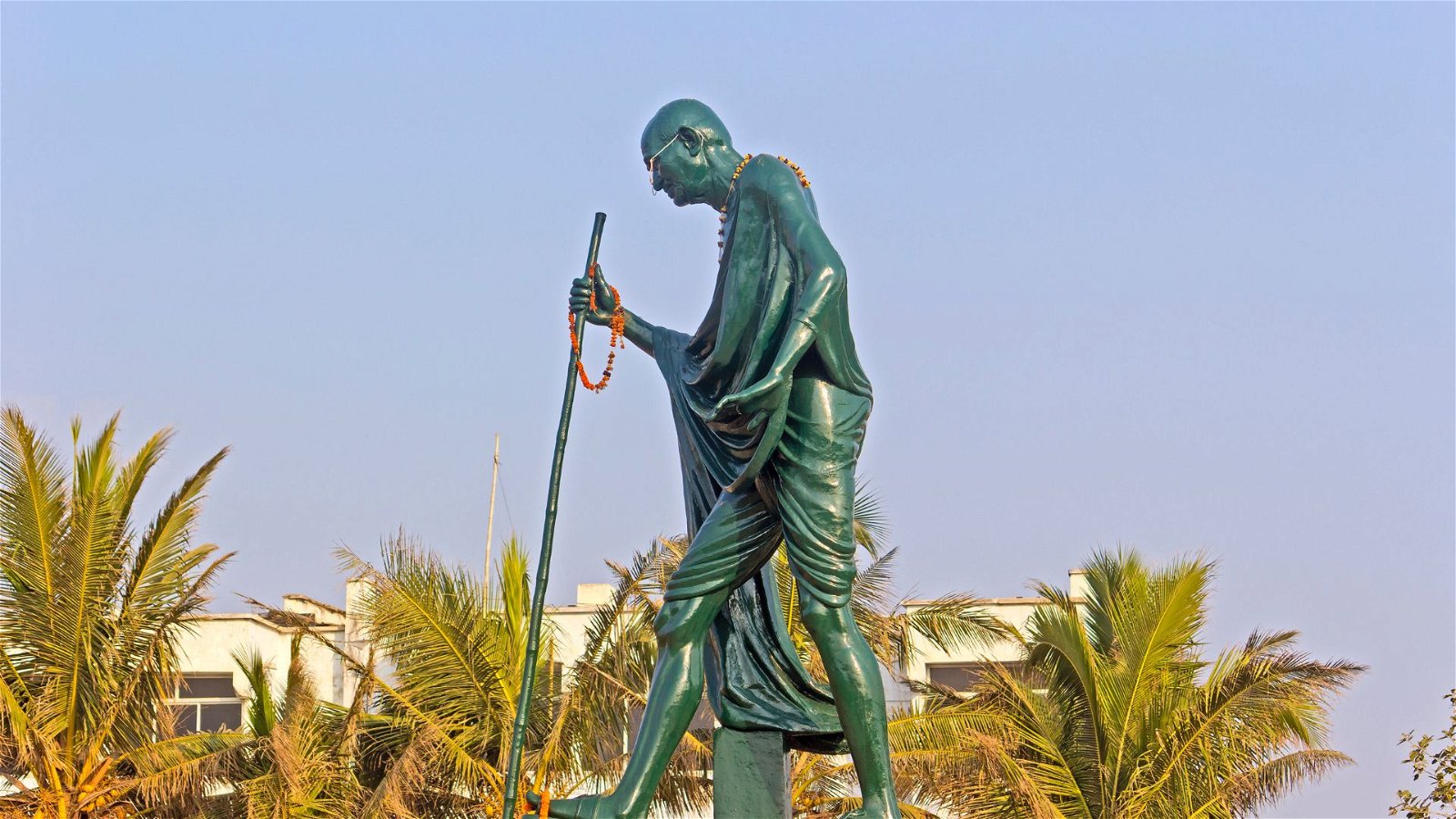
Pietermaritzburg railway station incident
- After completing his law degree in England, MK Gandhi arrived in Durban (South Africa) in 1893.
- He began his career as a legal advisor to the Indian community in South Africa.
- Gandhi faced racial discrimination when he was travelling from Durban to Pretoria.
- Gandhi was evicted from a train at Pietermaritzburg station because his compartment was reserved for “whites only”. This incident was crucial in shaping his future ideological thought process.
- During his struggle in South Africa, he developed his political philosophy based on non-violence and Satyagraha.
Emergence of Gandhi
- Gandhi returned to India in 1915. His success in fighting racial discrimination in South Africa made him famous in India as a leader who stood up for ordinary people.
- The emergence of Gandhi in Indian politics marked the beginning of an era of mass mobilisation.
- He led the peasant protests in Champaran and Kheda and the workers’ protests in Ahmedabad.
First all-India mass Satyagraha
- The British enacted the Rowlatt Act in 1919. It empowered the state to suppress voices against the British government.
- Gandhi gave a call for Satyagraha against the Rowlatt Act in March 1919.
- He formed the Satyagraha Sabha to organise Satyagraha against the Rowlatt Act.
- This was his first all-India mass Satyagraha.
Gandhi and the Non-Cooperation Movement
- The Non-cooperation movement emerged out of the anti-Rowlatt movements and the Khilafat.
- It witnessed an extraordinary public display of Hindu-Muslim solidarity.
- Without Gandhi, converging these two anti-imperialist streams might not have been possible.
Dandi March
- According to salt law, the state monopolised manufacturing and selling salt.
- Gandhi said that it was sinful to tax salt since it is such an essential item of our food.
- In 1930, Gandhiji declared he would lead a march to break the salt law.
- Gandhiji and his 78 followers started a journey from Sabarmati to the coastal town of Dandi.
- On April 6, 1930, he broke the law by gathering natural salt on the Dandi seashore.
All India Harijan Sevak Sangh (All India Anti-Untouchability League)
- Mahatma Gandhi founded it for:
- Eradication of untouchability in India and Working for Harijan or Dalit people
- Upliftment of the Depressed Class of India.
Second Round Table Conference and Gandhi
- Three sessions of the Round Table Conference (RTCs) were held in London.
- The Indian National Congress did not participate in the first and third sessions.
- Gandhi was the sole representative of the Congress at the second session of the RTC.
- Communal issues significantly hindered the conference proceedings.
- Gandhi recognised the complexity of the communal problem and proposed delaying its settlement until a constitutional agreement was reached.
- Gandhi’s suggestions dissatisfied the minority representatives. Thus, the second session was concluded in an atmosphere of bitterness and anxiety.
Gandhi’s opposition to separate the electorate for Dalits
- On 16 August 1932, MacDonald announced the proposal on minority representation, the Communal Award. It recommended a separate electorate for minorities.
- Gandhi strongly opposed providing separate electorates for the depressed classes, as he considered them an essential part of Hindu society.
- He believed that creating a separate electorate for the depressed classes would further divide Indian society along religious and caste lines.
- He did not oppose the representation of Depressed Classes but their separation from Hinduism.
- BR Ambedkar believed that a separate electoral process for Dalits was essential to ensure their political representation and protect their interests in legislative bodies.
- To convince the reluctant Ambedkar to accept his perspective on this issue, Gandhi went on a hunger strike. To save his life, they (BR Ambedkar and Gandhiji) reached the Poona Pact agreement.
- Instead of separate electorates, the pact introduced the concept of reserved seats for the Dalits in provincial and central legislative bodies.
- These reserved seats would be filled through a joint electorate system, where all communities would vote together.
Gandhi’s opposition to the Jewish state in Palestine
- The Gandhi was deeply sympathetic to the plight of the Jewish people in Europe.
- He said, “The German persecution of the Jews seems to have no parallel in history. They’ve been treated like untouchables in Christianity, like how Hindus treat untouchables.
- However, in the article ‘The Jews’ in Harijan in 1938, Mahatma Gandhi opposed a Jewish nation-state (Israel) in Palestine.
- He opposed the creation of a Zionist state in Palestine due to his two central beliefs.
- Palestine was already home to Arab Palestinians. He opposed using force to establish a state in Palestine where the Palestinian Arabs already lived.
- Gandhi believed establishing a Jewish homeland would go against their efforts to gain greater rights worldwide. He said, “If the Jews must only live in Palestine, would they be happy to leave other places they call home?”
- Gandhi’s opinions & anti-imperialism impacted Jawaharlal Nehru, who shaped India’s foreign policy.
- India voted against the UN Resolution, which partitioned Palestine between Jews and Arabs.
Journals and Books by Gandhi
- Gandhi edited several newspapers, including Indian Opinion, Young India, Navajivan and Harijan.
- Books written by Gandhi include:
- Hind swaraj or Indian home rule
- Third class in Indian railway
- My experiment with truth
- Songs from prison
- India of my dreams




![PMF IAS Environment for UPSC 2022-23 [paperback] PMF IAS [Nov 30, 2021]…](https://pmfias.b-cdn.net/wp-content/uploads/2024/04/pmfiasenvironmentforupsc2022-23paperbackpmfiasnov302021.jpg)
